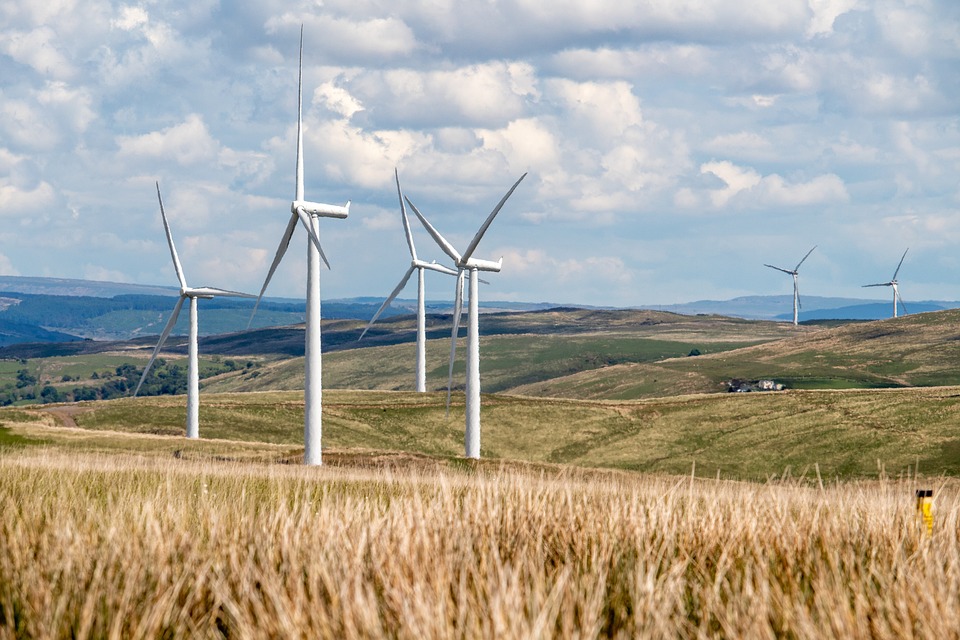Introduction
As the world grapples with the urgent need to transition to more sustainable energy sources, the debate between advanced coal technology and clean energy solutions has become increasingly important. While some argue that advanced coal technology can still play a role in reducing emissions and meeting energy demands, others believe that clean energy sources are the way forward.
Advanced Coal Technology
Advanced coal technology refers to technologies that aim to reduce the environmental impact of coal-fired power plants. This can include carbon capture and storage (CCS) technology, which captures carbon dioxide emissions from coal combustion and stores them underground. Proponents of advanced coal technology argue that it can help reduce emissions while still utilizing the abundant coal resources available.
Clean Energy
Clean energy sources, such as wind, solar, and hydroelectric power, are renewable and produce minimal emissions. These sources are seen as more sustainable and environmentally friendly alternatives to coal. Clean energy technologies have seen significant advancements in recent years, making them more cost-effective and efficient.
Comparing the Two
While advanced coal technology can help reduce emissions from coal-fired power plants, it still relies on a non-renewable resource and can have a significant environmental impact. Clean energy sources, on the other hand, are renewable and produce little to no emissions. Additionally, clean energy technologies are becoming increasingly competitive in terms of cost and efficiency.
Conclusion
Ultimately, the shift towards clean energy sources is crucial in combating climate change and reducing emissions. While advanced coal technology may have a role to play in the transition, clean energy solutions offer a more sustainable and environmentally friendly path forward. It is important for policymakers and stakeholders to prioritize investments in clean energy technologies to ensure a cleaner and more sustainable future.

Kyle Whyte is a notable scholar and professor at the University of Michigan, holding positions such as the George Willis Pack Professor in the School for Environment and Sustainability and Professor of Philosophy. Specializing in environmental justice, his work critically examines climate policy and Indigenous peoples’ ethics, emphasizing the nexus between cooperative scientific endeavors and Indigenous justice. As an enrolled Citizen Potawatomi Nation member, he brings a vital perspective to his roles as a U.S. Science Envoy and member of the White House Environmental Justice Advisory Council. His influential research is supported by various prestigious organizations including the National Science Foundation, and disseminated through publications in high-impact journals. Kyle actively contributes to global Indigenous research methodologies and education, with affiliations to numerous institutes and societies dedicated to traditional knowledge and sustainability. Recognized for his academic and community engagement, Kyle has earned multiple awards and served in various visiting professorships. His efforts extend to leadership positions on boards and committees focused on environmental justice nationwide.
